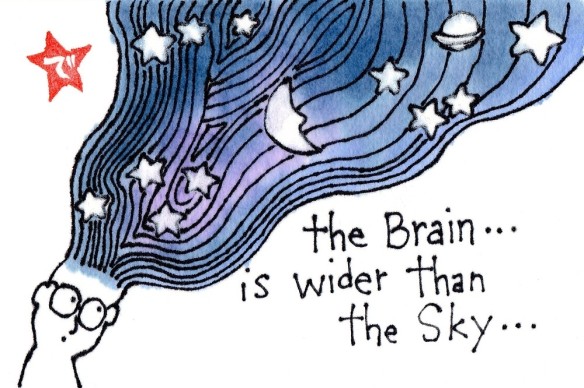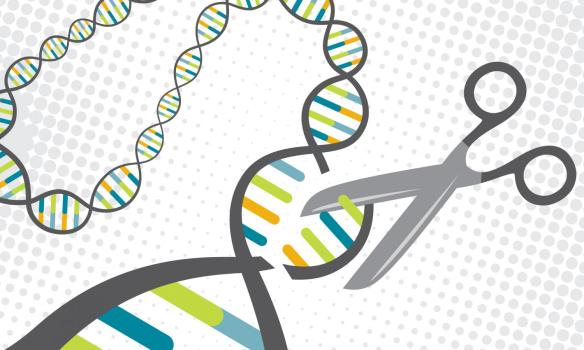por Patrícia Fonseca Fanaya
[Abstract]:
“What we learn about science in school has little to do with the construction of meanings or with its practical implications in life. What is taught are technicalities or theoretical fragments. It is no wonder that Brazil bitter the 133rd. position among 139 countries surveyed by the World Economic Forum, in 2016, in math and science education, as well as being among the worst in the world in innovation environment. Science, although ubiquitous in life, remains enveloped under layers of veils for the vast majority of people. The most damaging consequences of continuing to segregate man from discussions about the reality of nature are the exponential growth of a war against scientific knowledge; the uprising of a kind of primitivistic anti-intellectualism that has been plaguing even the most “educated” populations and the most developed nations on the planet; and the decline in research investments. The techno-scientific complexity grows exponentially, and the already intense relations of the human and the nonhuman are deepened; but we live in times of crises, displacements, tensions, unsatisfied expectations, lack of adequate words, anguishes and anxieties, in which we found ourselves lost in the reality of nature and, therefore, in permanent quarrel with science. This is the human dimension of the progress of scientific knowledge that cannot be overlooked. As a relevant and fundamental part of the complex reality of nature, and creators of all science and philosophy there is, we need to be urgently reinstated in the dialogue with science and nature. This reinclusion involves the reformulation of this dialogue, which requires attentive and educated interlocutors, as well as the adequate words.”

Começarei este post com uma simplificada, breve e divertida (!) retrospectiva sobre a origem do universo e o surgimento da vida sobre a face da Terra. A intenção é chegar em nosso tempo. Em 2017.
Caso pudéssemos comprimir a escala do tempo em 13 anos, desde o Big Bang – há 13.800.000.000 de anos – até hoje, verificaríamos que, por exemplo, as estrelas e as galáxias se formaram há 12 anos. A partir daí, mais sete anos se passariam até que nosso planeta fosse formado – por volta de 4,5 anos atrás. Há 4 anos a primeira célula se formaria na Terra. Agora, seria necessário pular mais 3,5 anos até que o primeiro organismo pluricelular surgisse na explosão cambriana. Os dinossauros teriam sido extintos há 3 semanas. Há apenas 3 dias humanos e chimpanzés se separaram na escala evolutiva. Há 50 minutos emergiu o primeiro homo sapiens. Saímos da África há 26 min. Inventamos a agricultura há 5 minutos. O Antigo Egito aconteceu há 3 minutos. A Peste Negra, há 24 segundos. A Revolução Industrial, há 6 segundos. A Primeira Grande Guerra, há 2 segundos. A Guerra Fria, o primeiro homem a pisar na Lua, o Big Mac, a internet, apenas no último segundo de nossa existência na Terra. Não tirei esses números da minha cabeça. Se você, leitor, quiser saber mais, assista essa história contada de forma muito mais divertida aqui. Continuar lendo →




